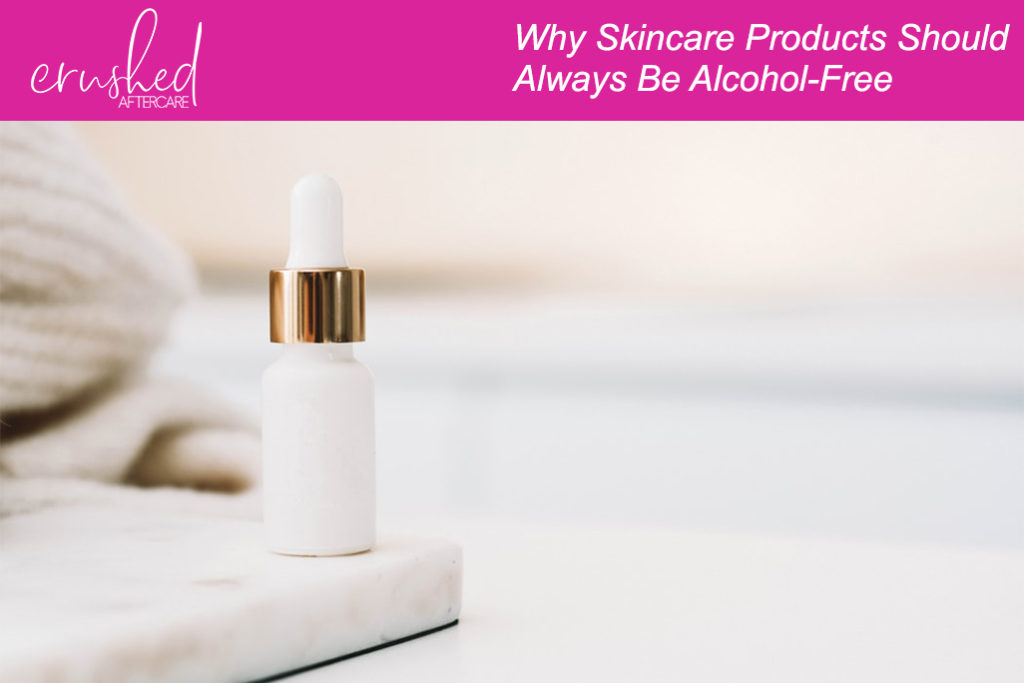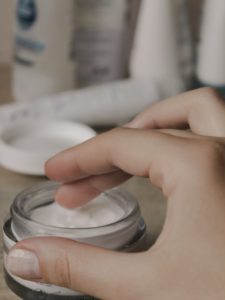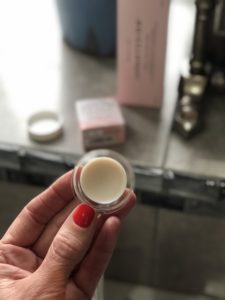
Why Skincare Products Should Always Be Alcohol-Free
Many people are going alcohol-free with their skincare routines, but just as many still turn to products with it as an ingredient. The popularity of alcohol-based astringents comes from decades of bad advice, and this should be great news for anyone still cringing from the memories of stinging toner. But alcohol doesn’t have to sting to stress out skin! Here’s why all the products you use and give to clients should be alcohol-free.
What Do We Mean By “Alcohol”?
 When we say “alcohol,” we’re not referring to splashing vodka or gin on your face. “Alcohol” is a diverse term that includes everything from rubbing alcohol to the fun part of a martini. The ones most often found in skincare products are known as “solvents,” and these include SD alcohol, denatured alcohol, and isopropyl alcohol (a.k.a rubbing alcohol). Companies use solvents because they are cheap skin degreasers and give products a quick-drying finish. They also encourage other ingredients to dissolve in water – which is why they’re called solvents – and give the product a finer, lighter feel on the skin.
When we say “alcohol,” we’re not referring to splashing vodka or gin on your face. “Alcohol” is a diverse term that includes everything from rubbing alcohol to the fun part of a martini. The ones most often found in skincare products are known as “solvents,” and these include SD alcohol, denatured alcohol, and isopropyl alcohol (a.k.a rubbing alcohol). Companies use solvents because they are cheap skin degreasers and give products a quick-drying finish. They also encourage other ingredients to dissolve in water – which is why they’re called solvents – and give the product a finer, lighter feel on the skin.
There’s another kind of alcohol that doesn’t work like solvents. It’s known as “fatty alcohol,” and ingredients like cetyl, stearyl, and Cetearyl alcohol fall under this category. While they are heavier, they have moisturizing effects that prevent the skin from drying out as the product evaporates. Most companies get fatty alcohols from coconut or palm oil.
The appeal is understandable: if the skin is too oily or too dry, either alcohol as a base makes for a tempting product. Solvents give the skin a matte finish by removing oil from the face, and fatty alcohol can improve the natural lipid barrier of the skin. But both benefits are short-term, and alcohol hurts the skin over time! The damage can lead to bumps, blemishes, enlarged pores, and, ironically enough, oilier skin.
What Does Alcohol Do To The Skin?
 Simply put, alcohol weakens the skin. While solvents increase the water solubility of ingredients and evaporate quickly, they also remove the water in your skin as they dry. Regular use of alcohol-based products can cause dryness, erosion and degradation of natural oils on the epidermis, and added pressure on the skin’s ability to rejuvenate itself. Cheap alcohols can also increase oiliness over time, counteracting the “de-greasing” effect and making oily skin look even shinier.
Simply put, alcohol weakens the skin. While solvents increase the water solubility of ingredients and evaporate quickly, they also remove the water in your skin as they dry. Regular use of alcohol-based products can cause dryness, erosion and degradation of natural oils on the epidermis, and added pressure on the skin’s ability to rejuvenate itself. Cheap alcohols can also increase oiliness over time, counteracting the “de-greasing” effect and making oily skin look even shinier.
While solvents hurt the surface of the skin and the natural oils that keep it healthy over the long term, fatty alcohols irritate skin by clogging pores. There are many gentle, natural ways of helping the skin without causing long-term damage to its outer layer!
Going Alcohol-Free In Skincare Products
 The first step to avoiding alcohol in your skincare products is reading the label. Companies have to list their ingredients by their amounts, so if you see alcohol listed among the first six ingredients, there’s going to be a lot in the product. This is a good sign that the product is going to irritate and weaken the skin.
The first step to avoiding alcohol in your skincare products is reading the label. Companies have to list their ingredients by their amounts, so if you see alcohol listed among the first six ingredients, there’s going to be a lot in the product. This is a good sign that the product is going to irritate and weaken the skin.
The second step is finding an alcohol-free alternative. All types of alcohol are irritants, and in healing products like a cleanser or balm, this is the last thing you or your clients want. Finding a vegan product is great, but alcohol of any kind isn’t good for aftercare. The moisturizing “fatty” alternatives, often derived from palm oil, aren’t much better; if we consider the rainforests that palm oil plantations are destroying, they aren’t better for the environment either.
Luckily, fatty alcohols aren’t the only alternatives available. Soothing, moisturizing ingredients like calendula and candelilla reduce pain, prevent dryness, and don’t clog pores. For permanent make-up beauticians and tattoo artists, a plant-based product that is also alcohol-free is guaranteed to cover every client’s needs!







